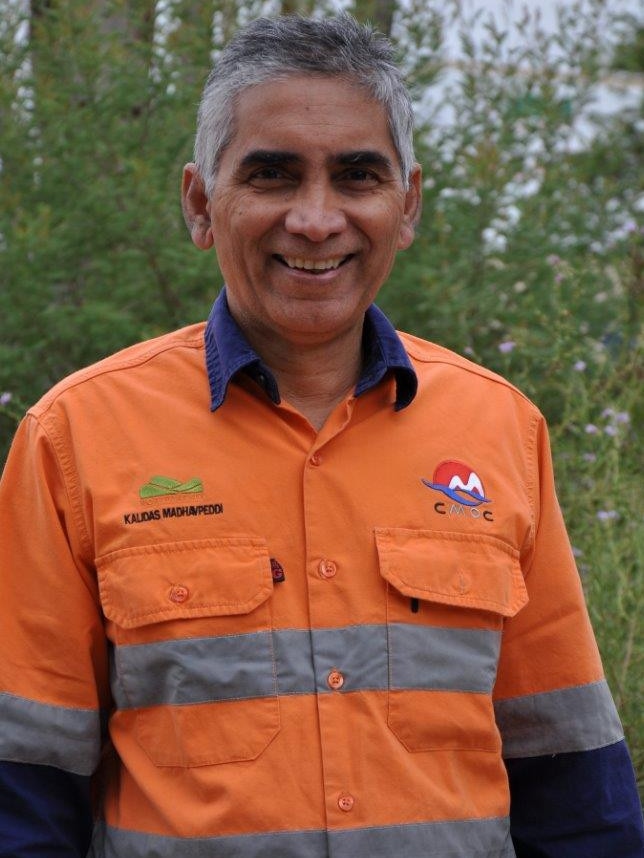Glencore U-turn scraps plan to sell profitable coal mining arm
Glencore’s decision to retain coal as a money spinner for the wider group means it will keep its network of mines in NSW and Queensland.

Australia’s biggest coal miner, Glencore, has abandoned plans to split off the fossil fuel from its mining business, after shareholders rejected a plan to divest the commodity amid bumper profits.
The move follows the resource giant’s recent acquisition of Teck Resources’ coking coal assets, which prompted a consultation process with shareholders to gauge their view on plans for a demerger of Glencore’s coal and carbon steel materials business, which was flagged last year.
According to a statement issued on Wednesday, more than 95 per cent of shareholders who expressed a preference for retention or demerger of the coal business supported Glencore retaining its coal assets.
Other shareholders abstained, leaving the decision to the company’s board.
The decision to retain coal as a money-spinner for the wider group means Glencore will retain its sprawling network of mines in NSW and Queensland.
Glencore said the views of investors had “evolved” about the decision to split off the coal unit, noting a shift in attitudes on environment, social and governance issues which have forced big mining and energy companies to bolster their ambitions in combating climate change.

“Following the November announcement, Glencore started to receive feedback that shareholder preferences may have evolved and that many shareholders were no longer supportive of a demerger, in many cases due to evolving views on environmental, social, and governance, increased support for Glencore’s climate strategy of a responsible decline of its thermal coal business, and the recognition – which also drove Glencore’s acquisition of EVR – of the difference between steelmaking coal and thermal coal,” Glencore said.
Glencore unveiled plans to exit the profitable but polluting coal business last November, in a move seen as a watershed moment for the mining industry as the world’s biggest coal shipper prepared to follow its rivals.
However, on Wednesday the company said feedback from investors, and the company’s own analysis, had led the board to conclude that retaining the coal business provided the “optimal pathway for demonstrable and realisable value creation for Glencore shareholders”.
“Following extensive consultation with our shareholders, whose views were very clear, and our own analysis, the board believes retention offers the lowest-risk pathway to create value for Glencore shareholders today,” Glencore chair Kalidas Madhavpeddi said.

“The expected cash-generative capacity of the coal and carbon steel materials business significantly enhances the quality of our portfolio, by commodity and geography, and broadens our ability to fund our strong portfolio of copper growth options as well as accelerate shareholder returns.”
Glencore chief executive Gary Nagle promised to canvass the company’s shareholders about the coal demerger plan after finalising the $US6.93bn ($10.6bn) acquisition of a 77 per cent stake in Teck Resources’ Canadian coal mines – Elk Valley Resources – on July 11.
Coal has always formed a central part of the Swiss group’s business. It had said repeatedly that it would exit if there was pressure to do so from investors, but for years under previous boss Ivan Glasenberg and then his successor Mr Nagle, the company kept digging up coal while most of its biggest rivals sold out.
Glencore operates coal mines in Colombia, South Africa and Canada, but its flagship assets are in Australia. It is the biggest exporter of Australian thermal coal for power generation, and it also exports coking coal for steelmaking. Glencore has also been among coal companies critical of Anthony Albanese’s deal with the Greens to pass Labor’s signature climate policy, saying the reforms needed to achieve emissions reductions without “destroying the jobs and investments that are critical to the national economy”.
The rocky global pivot to renewables across the world also remains a point of concern for the top Glencore boss, with Australia among the nations struggling to achieve a smooth transition from their coal-based sources of generation for electricity.

Glencore in 2019 said it would abandon the pursuit of large coal acquisitions and freeze production at current levels to help address climate change concerns following pressure from investors including major Australian superannuation funds for the fossil fuel to be phased out.
Green groups said Glencore’s climate plan was now outdated.
“Glencore needs to move swiftly and give investors much needed visibility on how it plans to manage its increased exposure to climate transition risk,” the Australasian Centre for Corporate Responsibility said.
“With the announcement that the demerger is not going ahead, we expect Glencore to commit to an updated climate plan as a matter of priority. Investors need to understand the impact this coal acquisition has on Glencore’s emissions-reductions targets.”
Glencore in 2022 pulled the plug on a $2bn coal mine in Queensland, backing away from the development in the face of the state’s royalty increases and the federal government’s industrial relations changes.




To join the conversation, please log in. Don't have an account? Register
Join the conversation, you are commenting as Logout